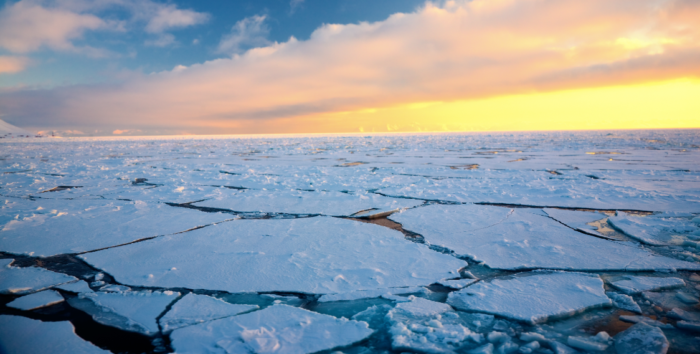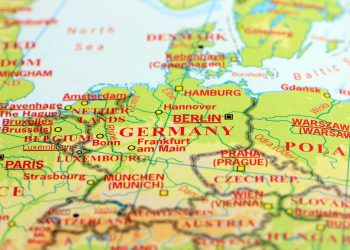According to Reuters, the US refused to sign an agreement in the Arctic due to discrepancies over climate change wording, risking the cooperation in the polar region at the sharp edge of global warming. The meeting between eight nations in Finland’s Rovaniemi on Tuesday, May 7, was aiming to provide a two-year agenda to balance the challenge of global warming, with sustainable development of mineral wealth.
Despite the meeting, the US were opposed to signing the final declaration as they didn’t see eye to eye with wording that climate change was a serious threat to the Arctic.
It is the first time a declaration was cancelled since the Arctic Council was formed in 1996.
Ministers from the US, Canada, Russia, Finland, Norway, Denmark, Sweden and Iceland repeated their commitment to sustainable development and the protection of the Arctic environment.
Despite US’s denial, the rest of the nations wanted to proceed.
Chair and Finnish Foreign Minister Timo Soini, stated
A majority of us regarded climate change as a fundamental challenge facing the Arctic and acknowledged the urgent need to take mitigation and adaptation actions and to strengthen resilience. I don’t want to name and blame anyone.
A senior U.S. State Department official commented to reporters that Washington was in line with the global environmental action. He continued that there was a variety of the declaration going around, and the US were in favour of signing it. He, moreover, noted that ‘the idea for a simpler, positive, unified, collective message had come from Russia and Canada’.
In the meantime, scientists have noted that the Arctic contains a 13% of undiscovered oil, on a global scale, and a 30% of its reserves of natural gas as well as huge deposits of minerals such as zinc, iron and rare earth metals.
Although, the research of them will be expensive, melting the ice makes everything much easier, as well as affecting the world’s weather, and the Arctic’s wildlife and indigenous residents.
U.S. Secretary of State Mike Pompeo noted, talking to the Council, that US President Trump’s administration ‘shares your deep commitment to environmental stewardship’ in the Arctic, but he said collective goals were not always the answer.
Agreements between countries in the Arctic Council are non-binding, and Pompeo accused Russia and China of not playing by the rules as they look to assert rights over resources and trade routes.






























































